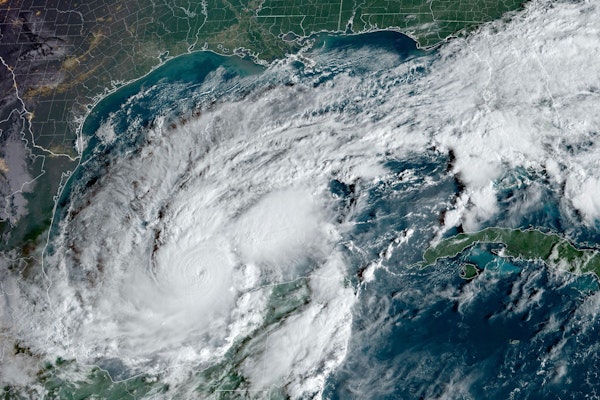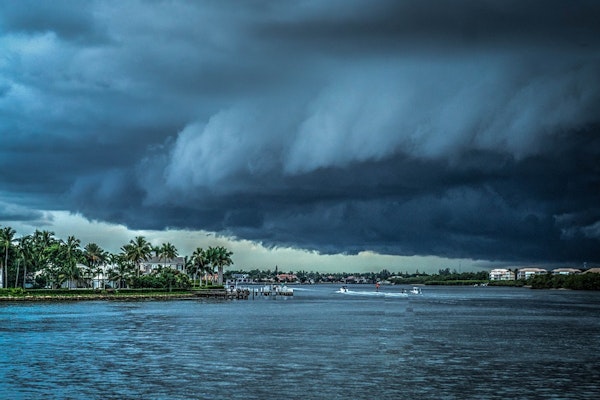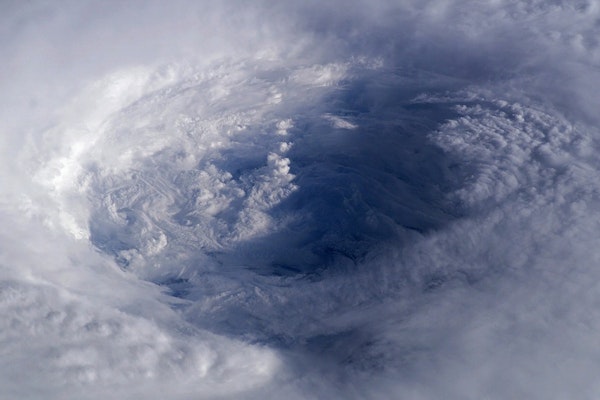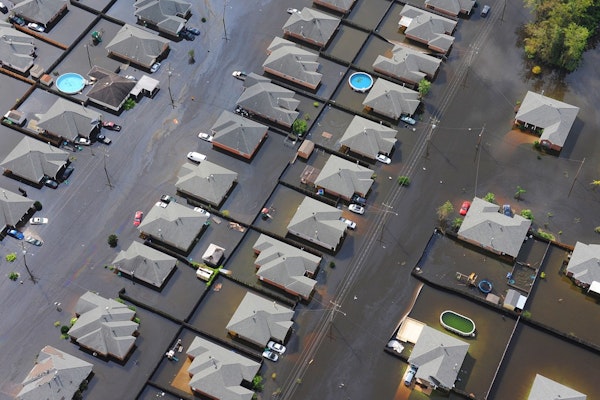
NOAA Pushes to Fill Weather Forecasting Gaps as Staffing Crisis Collides with Hurricane Season
NOAA will post mission-critical weather jobs despite a federal hiring freeze, aiming to stabilize forecasting operations ahead of a hurricane season forecast to be severe.
June 4
Catastrophe
Legislation & Regulation
Risk Management
Technology

Slightly Stronger 2025 Hurricane Season Expected Amid Climate Uncertainty
Forecasters anticipate a slightly above-average 2025 hurricane season in the Atlantic, though key uncertainties in ENSO and sea temperatures complicate predictions.
June 4
Catastrophe
Insurance Industry
Property
Risk Management
Florida

Roof Resilience Is the Key to Lower Claims and Safer Homes
With 70-90% of storm-related claims involving roof damage, the FORTIFIED Roof standard offers a proven, cost-effective way to reduce risk and protect property.
June 4
Catastrophe
Insurance Industry
Property
Risk Management
Alabama
Mississippi
Oklahoma

Fishermen Face Rising Safety Risks as Federal Training Programs Lose Funding
Federal budget cuts threaten safety training programs for fishing, farming, and logging workers—among the nation’s most dangerous jobs—potentially leaving crews at greater risk.
June 2
Catastrophe
Education & Training
Legislation & Regulation
Risk Management
Alaska
Florida
Iowa
Maine
Massachusetts

Storm Surge Risk Threatens Billions in Coastal Property Value Across 20 States
Over 6.4 million homes in coastal U.S. states face moderate or greater storm surge risk, with $2.2 trillion in potential reconstruction costs, according to 2025 Cotality data.
June 2
Catastrophe
Legislation & Regulation
Property
Risk Management
Alabama
Connecticut
Delaware
District Of Columbia
Florida

Early-Season Hurricanes: Where June Storms Typically Form and Why Activity Has Increased
Although June is typically a quiet start to Atlantic hurricane season, recent years show a rise in early storm activity, especially near the Gulf and Southeast U.S. coasts.
May 28
Catastrophe
Insurance Industry
Property
Risk Management
Alabama
Louisiana
Texas

Texas Faces Critical Flood Insurance Gap as Risk Rises Statewide
A new report by Neptune Flood highlights Texas’s escalating flood risk and the urgent need to close the state’s massive and growing insurance coverage gap.
May 21
Catastrophe
Insurance Industry
Legislation & Regulation
Property
Texas

AM Best Warns Insurers Could Face Risk Modeling Challenges After NOAA Ends Disaster Data Updates
AM Best says NOAA’s decision to retire its billion-dollar disaster database could hinder insurers’ ability to track secondary perils and price risk effectively.
May 21
Catastrophe
Insurance Industry
Risk Management
Technology

Mexican Navy Training Ship Crashes into Brooklyn Bridge Killing Two and Injuring Several
A Mexican Navy training vessel collided with the Brooklyn Bridge during a goodwill tour, leaving two dead, multiple injured, and prompting an ongoing investigation.
May 20
Catastrophe
Marine
Risk Management
Workers' Compensation
New York

Millions of Homes Unprotected as Climate-Driven Insurance Costs Soar
New research shows insurance protects against climate disasters, but millions of flood-prone homes remain uninsured as premiums climb beyond affordability.
May 20
Catastrophe
Legislation & Regulation
Property
Risk Management
California
Florida
Kentucky
Louisiana
New York

Climate Change Drives Rising Home Insurance Costs and Coverage Gaps
As climate disasters increase, insurers are hiking premiums, reducing coverage, or exiting markets—leaving homeowners, states, and federal programs to fill the gap.
May 20
Catastrophe
Legislation & Regulation
Property
Risk Management
California
Florida
Maryland

EPA Plans to Weaken Drinking Water Limits on Emerging PFAS Chemicals
The EPA will maintain strict limits for two common ‘forever chemicals’ but plans to roll back standards for others, citing legal challenges and utility concerns.
May 19
Catastrophe
Legislation & Regulation
Property
Risk Management
New York
North Carolina

Insurers Scramble for Disaster Data After NOAA Halts Updates
With NOAA’s disaster data program discontinued after 2024, insurance companies face major challenges in modeling risk, pricing policies, and ensuring climate resilience.
May 13
Catastrophe
Insurance Industry
Property
Risk Management
California

Cybercrime Rings Are Stealing Billions in Government Aid Using Stolen American Identities
Organized cybercriminals, including foreign nation-state actors, are exploiting U.S. aid programs using stolen identities, with losses potentially nearing $1 trillion annually.
May 12
Catastrophe
Fraud
Legislation & Regulation
Technology

NOAA Ends Billion-Dollar Disaster Tracking Program Citing Budget Cuts and Staffing Issues
NOAA will stop updating its billion-dollar weather disaster database, a move that limits public access to vital cost-tracking of extreme weather events.
May 8
Catastrophe
Insurance Industry
Property
Risk Management
California





